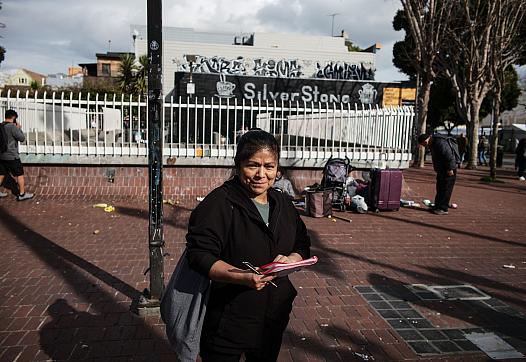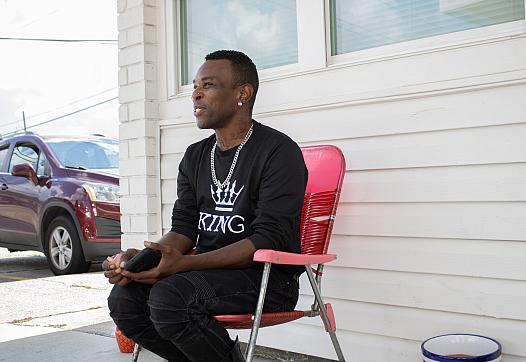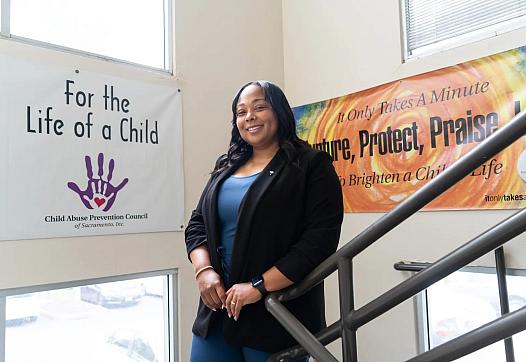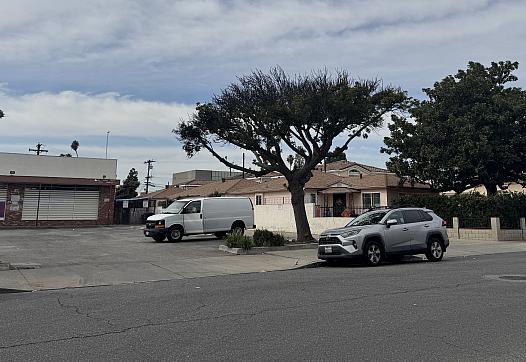
In areas like California’s rural Shasta County, school campuses may be the most effective places to care for children’s mental health needs, and such care will now be covered by insurance.

In areas like California’s rural Shasta County, school campuses may be the most effective places to care for children’s mental health needs, and such care will now be covered by insurance.

A project that started during the pandemic to provide people with free groceries eventually grew to become Somos Esenciales, a San Francisco Mission District participatory intervention project where community "researchers" are trained to be full-time mental health advocates to promote health equity and lasting change for Native, Latino and Black communities in San Francisco.

The very circumstances that made Henry Gaymon such a fitting subject for a story on mental health care also made it very difficult to report out his experience.

Taken from school at 15, Janay Eustace turned trauma into purpose as a champion of equity in child welfare, especially for Black families.

Black children are disproportionately handcuffed, mistreated, and traumatized by police, leading to lasting mistrust and mental health impacts.

In Cincinnati, many schools are grappling with student suicides. Could a mental health app offer help? A reporter turns to community engagement to find out.

Tamala Floyd, shaped by childhood trauma, became a therapist to heal others. She advocates for ancestral healing and tailored care, especially for Black women and mothers.

Anxiety spreads across immigrant groups driving some communities into hiding. Fatty Ding Square in Monterey Park has long been a landing spot for migrants from China. These days, the square is much quieter with few people risking coming out in public.

From a small station in Los Angeles’ Boyle Heights, 18-year-old Kennia Camacho talks with teens about anxiety, stress and depression.

A decade after a federal investigation found West Virginia unnecessarily institutionalizes foster kids, our investigation has found the state’s most vulnerable kids are still being left behind.